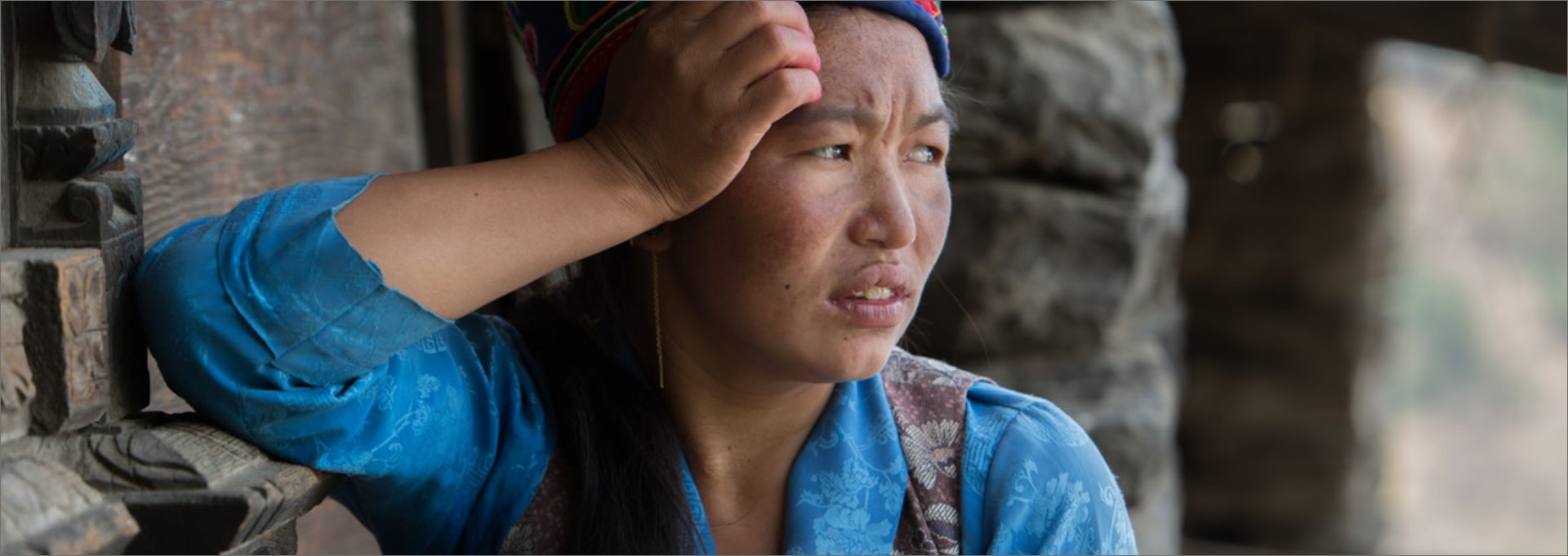
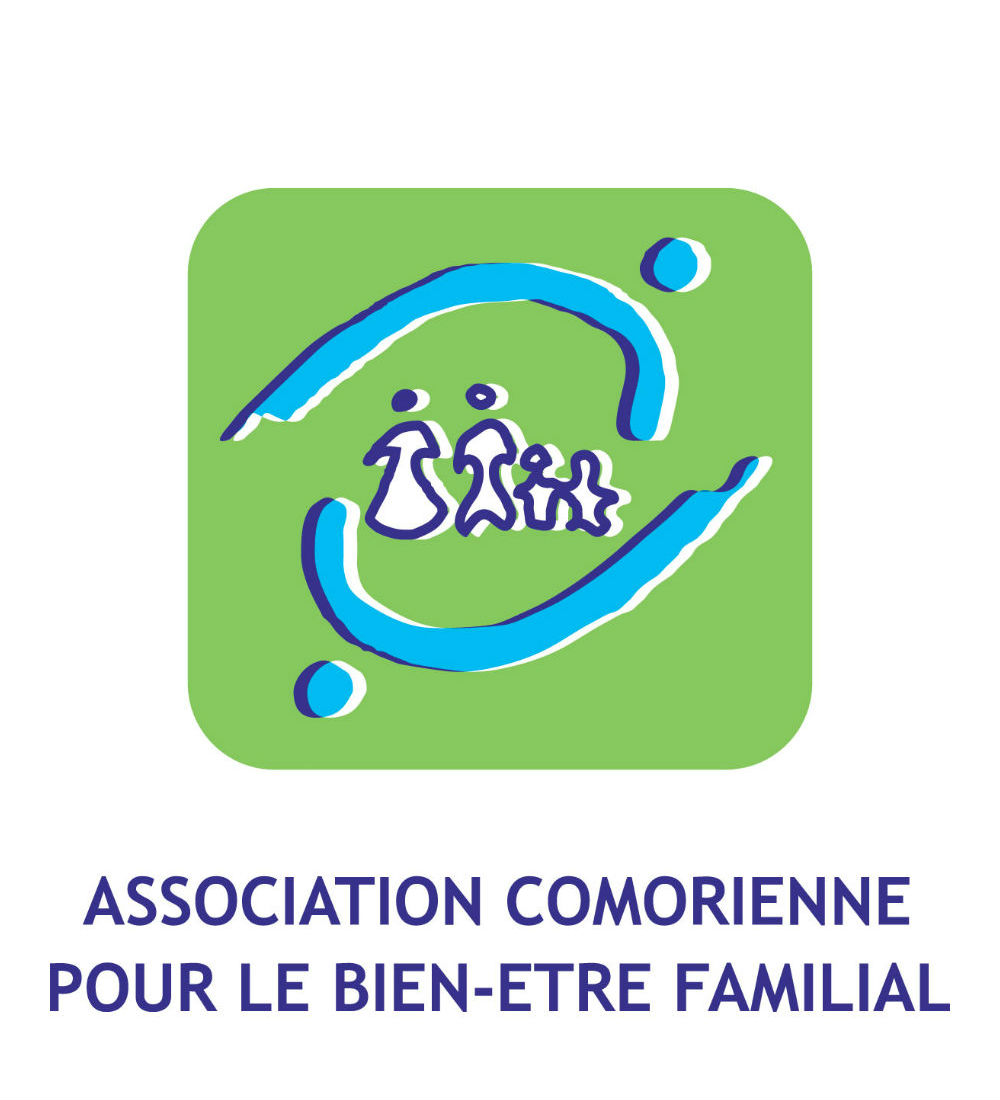
| 31 March 2016
Association Comorienne pour le Bien-Etre de la Famille
Located off the eastern coast of Africa in the Indian Ocean, Comoros is an archipelago of 4 islands at the northern end of the Mozambique Channel between northeaster Mozambique and northwestern Madagascar. At a little over 1,800 square kilometres, it’s the third smallest nation in Africa, but has over 700,000 inhabitants. It is one of the most densely populated countries on the continent. A third of the population are women of reproductive age and the absence of essential health services presents major risks to their health and survival. High fertility levels allied to low contraceptive uptake, and widespread poverty combine to drive high risks related to sexual and reproductive health (SRH). In response, the Association Comorienne pour le Bien-Être Famille (ASCOBEF) is delivering a comprehensive range of sexual and reproductive health programmes and services. These include family planning, gynaecological counselling and services, antenatal care, information, education and communication (IEC) programmes and behaviour change communications (BCC) activities to promote health-seeking behaviour. It is also playing a major advocacy role in the fight against gender-based violence, and has provided extensive victim support. The majority of ASCOBEF's clients are poor, marginalized, socially excluded and/or under-served. ASCOBEF deliver services and programmes supported by volunteers, Youth Action Movement members and peer educators. ASCOBEF works in partnership with non-governmental organizations (NGOs) including Réseau Femmes et Développement. It receives financial support from UNFPA, the Global Fund, UNICEF and the World Health Organization.
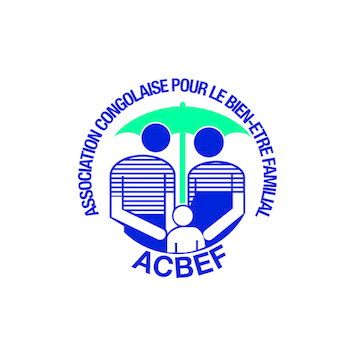
| 31 March 2016
Association Congolaise pour le Bien-Etre Familial
The Association Congolaise pour le Bien-Etre Familial (ACBEF) opened its doors for the first time in 1987. Then it was a small operation dedicated to attending to the sexual and reproductive health (SRH) needs of the urban poor. 25 years later, ACBEF reaches out to the whole country through a network of over 100 community-based distributors (CBDs) backed by static clinics and permanent staff. In addition, ACBEF relies on over 1,000 volunteers, including fully-trained peer educators and a Youth Action Movement. ACBEF provides a comprehensive range of services covering integrated family planning, voluntary counselling and testing (VCT), prevention and management of HIV and AIDS, post-abortion care, antenatal and post-natal care, youth-friendly education and information projects, contraceptive and laboratory services. Stigma and taboos around HIV and AIDS are strong in Congo, and ACBEF is engaged in major re-education and sensitization on this front. ACBEF aims its work at a wide public, with particular emphasis on young people (aged 25 and under), internally displaced people, sex workers and women of child-bearing age. Work occurs in both rural and urban areas. With high visibility in the national media, ABCEF is making major inroads in SRH in a very difficult environment. ABCEF works in close partnership with the government’s ministries of Health, Foreign Affairs, and Gender, and with non-governmental organizations (NGOs) including Jeunesse Action Sida. ABCEF receives financial support from the European Union, UNFPA and the Congolese Government.
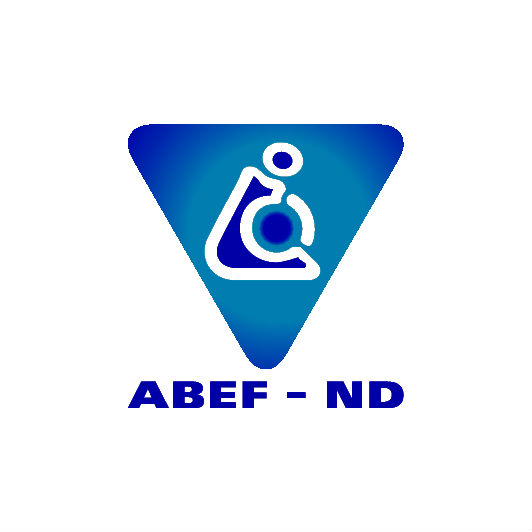
| 31 March 2016
Association pour le Bien-Etre Familial/Naissances Désirables
The Democratic Republic of Congo is vast: it is Africa’s second largest country and has nearly 68 million inhabitants. The sexual and reproductive health (SRH) challenges are correspondingly immense, with the country recording some of the poorest SRH statistics globally. The Association de Bien-Etre Familial – Naissances Désirables (ABEF-ND) was founded in 1977, and since then it has worked tirelessly to drive changes which will secure a better future for the country. ABEF-ND offers sexual and reproductive health (SRH) information, education and communication for young people. It offers HIV and AIDS prevention and management services, and community-based distribution of contraceptives. It also advocates strenuously around SRH issues with legislators and health professionals. As such, it’s central to shaping relevant national policies. It achieved this through static clinics, associated clinics and community-based distributors (CBDs) and community-based services (CBSs). ABEF-ND has a small number of staff who are backed by a large body of volunteers: together, they are determined to promote sexual and reproductive health and rights for all. ABEF-ND works in partnership with the Ministry of Health, and in the private sector with faith-based health facilities. Non-governmental organizations partners include Service Centrale d'Education à la Vie (SCEV), the Women’s Action Network (RAF), Radios for the Consolidation of Peace (RCP+), Amo Congo. Donors include Programme National de Lutte contre le Sida (PNLS), UNFPA, UNHCR and GTZ. It is a Member of the National Council of NGOs against AIDS.
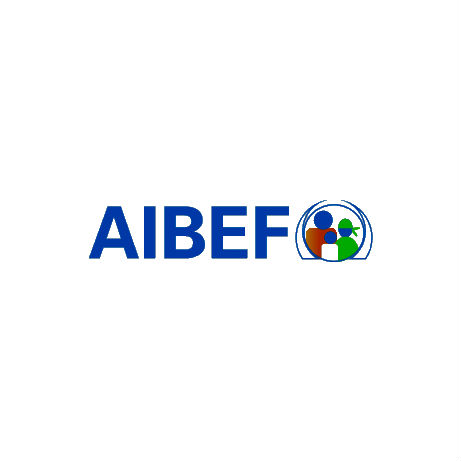
| 31 March 2016
Association Ivoirienne pour le Bien-Etre Familial
The population of the Ivory Coast suffers from a litany of sexual and reproductive health (SRH) problems common to many countries on the continent: frighteningly high rates of maternal death, early pregnancies, child mortality and HIV prevalence, coupled with very low rates of contraceptive use. Additionally, instances of female genital mutilation (FGM) are frequent and the SRH and psychological repercussions that the practice presents are severe. The Association Ivoirienne pour le Bien-Etre Familial (AIBEF) was founded in 1979. It works closely with the National Population Bureau in the planning and implementation of the National Population Policy and the National Youth Policy. The government and legislators have called on the organization for advice and counsel because it is the one of the most experienced organizations in the field and has unparalleled expertise drawn from ground level experience. To complement and expand its scope, AIBEF partners with a number of non-governmental organizations (NGOs) including the Futures Group, Pathfinder International, the Population Council, John Hopkins University, John Snow International, Columbia University and Family Health International. Major donors include the European Union, IPPF’s Japan Trust Fund, The Global Fund Against TB and Malaria, Alliance International and the World Bank. Additionally, it partners with Collectif des ONG de Lutte contre le Sida en Côte d’Ivoire and RIOF – national networks whose primary objective is to increase SRH capacity.
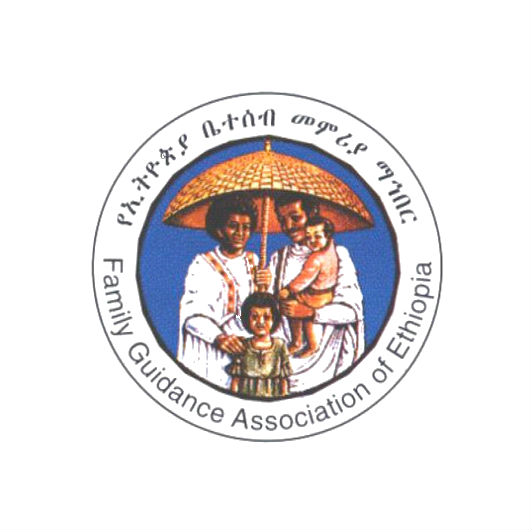
| 31 March 2016
Family Guidance Association of Ethiopia
Ethiopia, the second most populous country in Africa, and the tenth most populous in the world, has enormous sexual and reproductive health (SRH) challenges as the statistics demonstrate. The Family Guidance Association of Ethiopia (FGAE) celebrated its 50th anniversary in 2015. It has a broad reach which focuses on providing poor and marginalized populations with family planning, safe abortion care, maternal and child health care, prevention and treatment of sexually transmitted diseases (STIs) including HIV and AIDS and associated opportunistic infections. In the shape of permanent clinics, mobile facilities and community-based services (CBSs), FGAE has numerous service points. Staff, backed by over thousands of volunteers, hundreds of peer educators and demand creators. There’s no disguising the fact that achieving proper SRH amongst the Ethiopian people is an exhausting uphill struggle. FGAE has the will, the determination and the backing to fight for people’s rights and welfare. Access is key to the Member Association’s activity, and it works extensively with young people to inform, educate and provide essential SRH services. FGAE also runs special projects targeted at particularly vulnerable individuals and groups: street children, people living with HIV and AIDS, sex workers, and young migrants in 8 of the 11 principal Regions in Ethiopia. FGAE partners with government, with non-governmental organizations (NGOs) including the Ministry of Health, Ministry of Education, the Ministry of Women, Children and Youth, UNFPA-Ethiopia, CARE-Ethiopia, DKT-Ethiopia, the Ethiopian Women’s Lawyer Association, and a broad spectrum of HIV and AIDS-related operations. Private sector partners include networks of 420 private health facilities and donors to the Member Association’s work include the Royal Netherlands Embassy, the Packard Foundation, IPPF’s Japan Trust Fund, USAID/CDC and DFID.
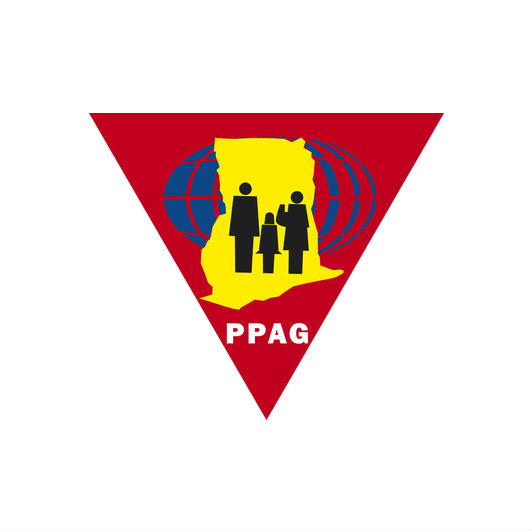
| 31 March 2016
Planned Parenthood Association of Ghana
Ghana is a country which has deep-rooted cultural norms, and structural barriers that perpetuate poor sexual and reproductive health. These include high risks of maternal mortality, high numbers of sexually transmitted infections, including HIV, and low levels of contraceptive use. The Planned Parenthood Association of Ghana (PPAG) was set up in 1967 to provide family planning services to the people of Ghana. Over the years, its work has expanded to cover a whole range of sexual and reproductive health (SRH) services. Today, in addition to basic family planning support, PPAG provides maternal and child health care, infertility management, and voluntary counselling and testing (VCT) for sexually transmitted infections (STIs) including HIV. It also provides other SRH services (for example, programmes for the management of erectile dysfunction). PPAG’s operation depends on a team of 103 staff, over 1,000 volunteers, 300 peer educators, 551 community-based distributors (CBDs) and a Youth Action Movement membership of 810 young people. PPAG's delivers services and programmes through 1,356 service points, including 11 permanent clinics, 54 mobile clinics and over 1,000 community-based service points (CBSs). PPAG works with a huge roster of partners, right across government in health, education, HIV and AIDS, youth, and population planning departments. Its civil society networks include over 15 non-governmental organizations. It receives financial support from the Japanese International Cooperation Agency, the Japanese Organization for International Cooperation in Family Planning, UNFPA, the Programme For Appropriate Technology in Health (PATH), the African Youth Alliance (AYA), the Big Lottery Fund (BLF) of UK, DANIDA, the French Embassy, the UK’s Department for International Development (DfID), UNICEF and GTZ.







